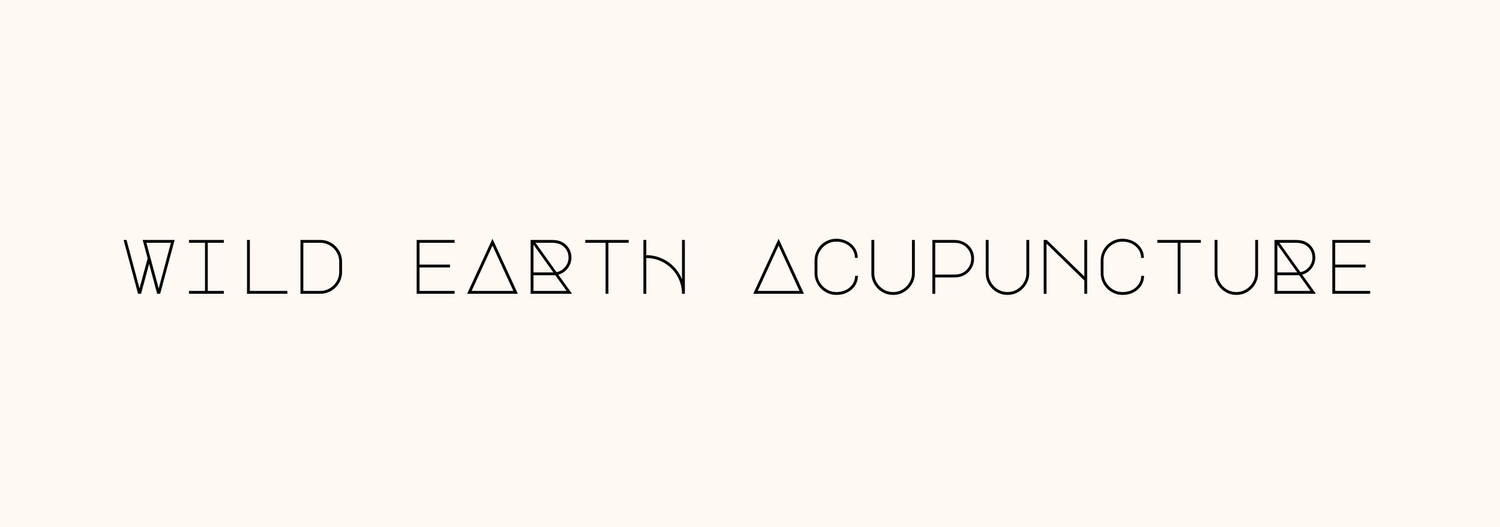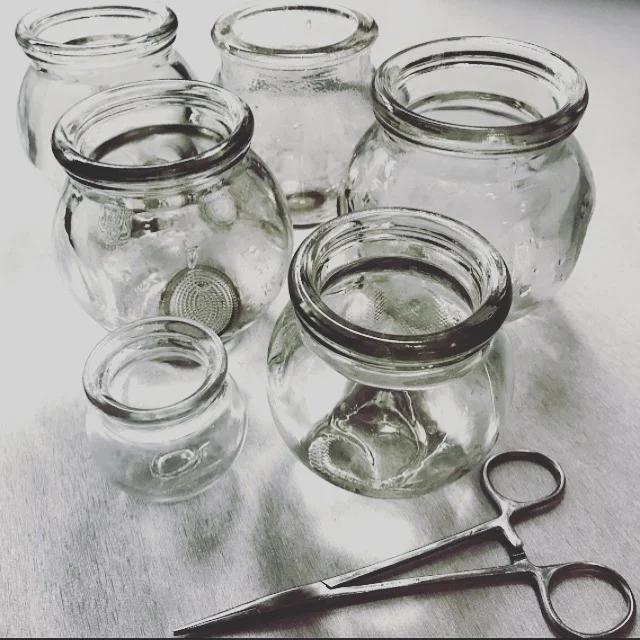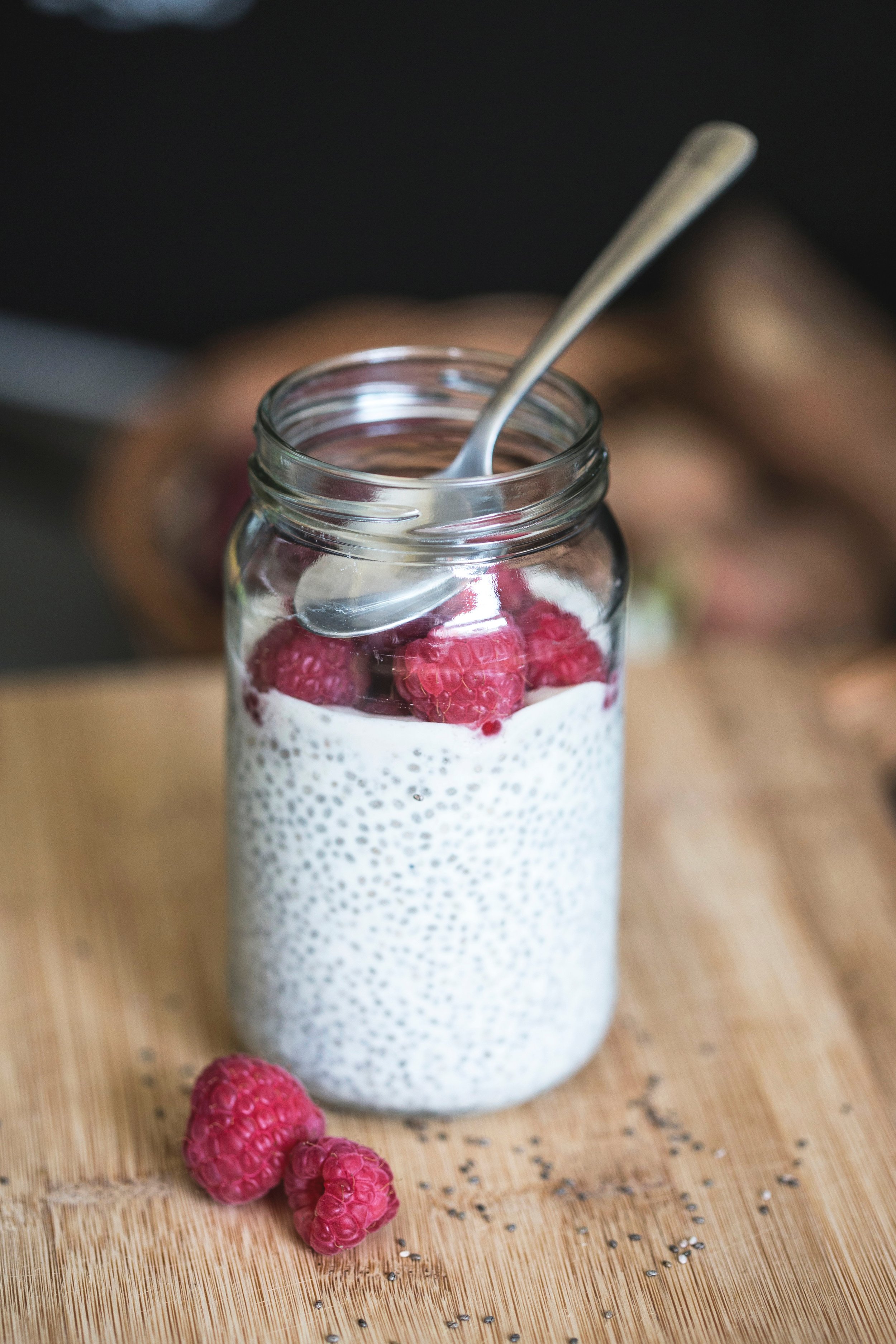Benefits of Matcha Tea
Matcha is a type of green tea that is produced from the leaves of the camellia sinensis plant, the same plant that gives us black, green, and white teas. The plants are meticulously cared for and then ground to make a bright powdered tea.
But it is more than that—it is an art form… from the way it is shade grown and cultivated, to its harvest and unique preparation and consumption. It has been used in ceremonies and rituals for thousands of years stemming from traditional practices in China and Japan, and can be found in a variety of beauty products such as face masks and scattered among bakeries, coffee shops, and wellness boutiques.
Not all matcha teas are the same, quality and tastes differ greatly!
A chasen, or bamboo whisk is often used in the making of matcha tea.
Benefits of Matcha
Matcha tea, a powdered green tea, offers various health benefits. Consuming whole tea leaves provides antioxidants that protect against free radicals. Matcha may boost metabolism, aiding in weight loss, and contains L-theanine for focused calmness. Its chlorophyll content supports detoxification. Matcha is also rich in nutrients like vitamin C and potassium and may contribute to heart health by lowering blood pressure and cholesterol. There are many many benefits of matcha tea, and green teas for that matter. Read my article published on ForbesHealth.com for more science-backed benefits.
High in Antioxidants
Matcha tea is prized for its high antioxidant content, particularly catechins, polyphenols, and flavonoids which help combat oxidative stress and protect the body from free radicals. The abundance of antioxidants in matcha contributes to its potential health benefits, supporting overall well-being.
Energizing
Matcha's energizing effects stem from its combination of caffeine and L-theanine, promoting a sustained and focused energy boost without the jitters associated with other sources of caffeine. This unique blend enhances alertness and mental clarity, making matcha a popular choice for those seeking a natural and balanced energy lift. Matcha provides a great balance of the calming amino acid L-theanine and the energizing boost of caffeine .L-Theanine- helps promote natural relaxation and heighten mental clarity. It is a great replacement for coffee, less acidic too!
Good for Skin Health and Cellular Regeneration
Matcha's rich antioxidant content, including epigallocatechin gallate (EGCG), contributes to its potential benefits for skin health by combating oxidative stress and promoting a youthful complexion. The detoxifying properties of matcha may help reduce inflammation, contributing to a clearer and healthier skin appearance. Additionally, the chlorophyll content in matcha is believed to support skin rejuvenation and overall skin vitality. Full of potassium, vitamins A & C, calcium, and iron to help keep the body in tip-top shape.
Benefits Cardiovascular Health
Matcha tea has been associated with cardiovascular health benefits, as its antioxidants, such as catechins, may help lower blood pressure and reduce levels of bad cholesterol. The combination of these antioxidants and other compounds in matcha could contribute to improved heart health by supporting healthy blood vessel function. Regular consumption of matcha may play a role in maintaining cardiovascular well-being and reducing the risk of certain heart-related issues. The high amounts of antioxidants have recent scientific studies showing cardiac benefits, most studies though have not been on matcha particularly but green teas in general.
Ways to Use Matcha
Matcha is a versatile ingredient in the kitchen and beyond. In the kitchen, matcha can be incorporated into various recipes, adding a unique and vibrant flavor to desserts like cakes, cookies, or ice cream. It can also be blended into smoothies or lattes for a nutritious and energizing twist. Beyond the kitchen, matcha can be used in DIY face masks or scrubs, utilizing its antioxidant properties for potential skin benefits.
Traditional Style Matcha Tea
Drinking matcha can be a moment of zen in your daily life. A simple basic recipe for matcha is;
2g matcha (or about 1/2-1 full teaspoon)
2 oz warm water (around 175 degrees)
Add matcha to your tea cup or small bowl. Only add a small splash of water at first and use your whisk to incorporate it into a smooth paste.
Add the rest of your water and whisk into a creamy, full froth. Enjoy!
Matcha Latte
This is a tasty option that can be served hot or iced.
1 1/2 teaspoons matcha powder
1 tablespoon hot water
2 teaspoons honey, or to taste
3/4 cup hot milk, I love oat milk for this. You can add herbs such as adaptogens, coconut butter, collagen, or all of the above. If adding all these goodies, sometimes I add them all into a blender to get a good mix and full forth.
Add matcha powder to a cup
Slowly add water and stir until smooth.
Add honey into warmed milk and then add into matcha paste. Enjoy!
To make an iced matcha latte, I fill a glass with ice, and after I add a dash of hot water to the matcha to make a paste, I let it cool down for a few minutes. I add milk such as almond or oat to the glass and then add the matcha.
Matcha Face Mask
This is a great option, especially for people with rosacea or redness of the face and neck.
1 tablespoon of matcha powder
1 Tablespoon of coconut oil
A few drops of warm water, Mix into a paste, and apply to the face and neck. Let sit for 10-15 minutes.
Rinse with warm water or use a washcloth.































Bone broth is valued all over the world for its delicious taste and highly nutritious components. It is rich in vitamins, minerals, collagen, gelatin, keratin and stock full of amino acids. Read on to learn a super easy recipe!